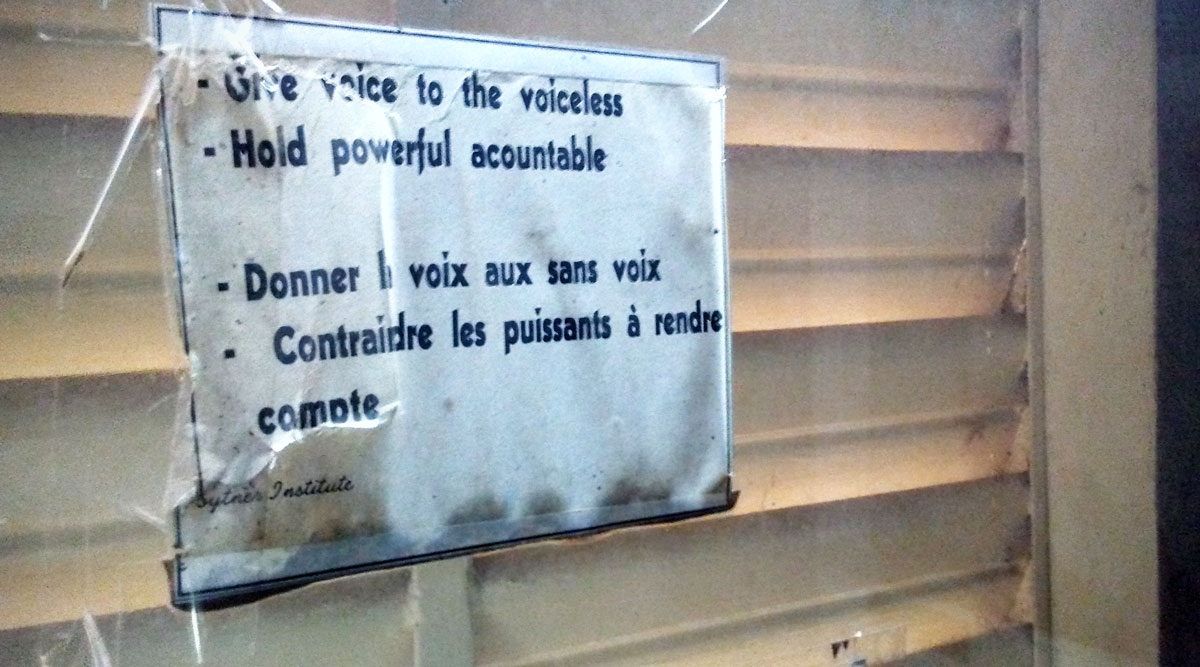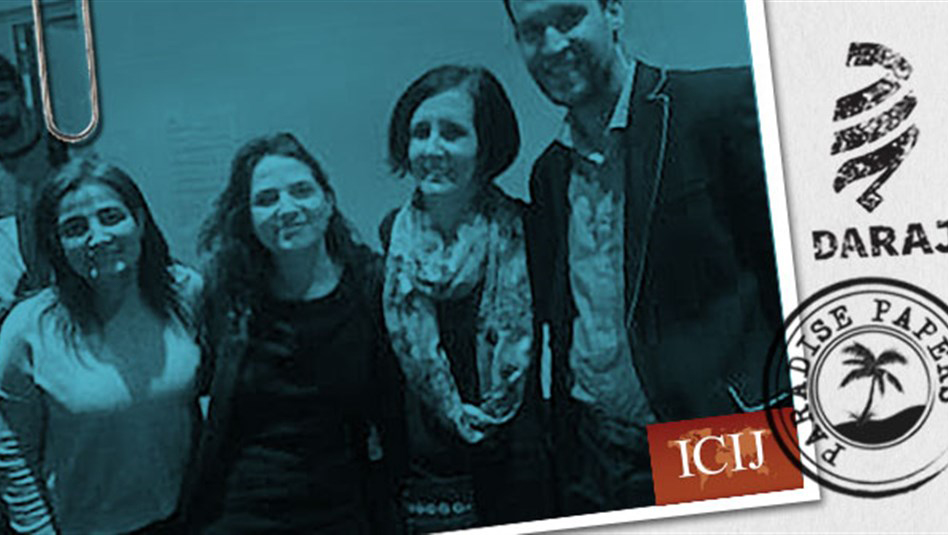Some stories are too big for any one journalist — or even one news organization. That’s where we come in.
In November the International Consortium of Investigative Journalists published the Implant Files, a deep examination of the medical device industry and its oversight that involved more than 250 journalists in 36 countries. Our Paradise Papers and Panama Papers investigations were the two biggest cross-border journalistic collaborations in history.
These investigations began with journalists who realized their reporting would be stronger and have more impact if done as part of a team.
We are on the hunt for more world-changing stories.
If you have embarked on an investigation with cross-border potential and a clear public service imperative — or have a strong idea for a project that meets these tests – we want to hear from you.
Who can pitch to us?
Proposals can come from reporters or editors who work at established news organizations. (Read about Jet Schouten, the Dutch journalist who proposed our Implant Files investigation, here).
We also invite pitches from freelancers. If we greenlight your story, we would bring you onto the ICIJ team for the duration of the project.
The quality of your idea matters far more than your resume.
What kinds of stories is ICIJ looking for?
There is no one recipe for a successful ICIJ investigation, but each of our investigations has centered on abusive and unjust behavior that impacts lives across political borders.
We’ve reported on how the World Bank is not meeting its own standards for protecting vulnerable communities; how an unregulated mining boom is leading to death, injury and community conflict in Africa; and the booming business of recycling dead humans.
We’ve published multiple investigations that show how the wealthy and well-connected use a network of offshore law firms and bank accounts to hide their money from taxation.
Our stories expose broken systems and seek to hold accountable those with the responsibility to fix them.
How do I send a pitch?
There are so many ways. You can email me, bhallman@icij.org (PGP Key), give the ICIJ headquarters a call, or contact us via any one of these methods.
What should a pitch include?
It’s up to you. But here are some of the questions we ask ourselves when considering proposals (feel free to use these to structure your pitch):
Is the story cross-border?
We report on stories of international importance. It’s in our name!
Is it timely?
There’s lots going on in the world. Why should we undertake this investigation now?
Does it describe an abuse of power or privilege?
If so, who is responsible? Broken systems don’t create themselves. Exposing the people and institutions responsible for immoral, unjust and illegal actions is the very core of what we do.
Where’s the data?
We tell deeply human and personal stories. But we don’t stop there. Quantitative evidence, often a product of ambitious data collection and analysis efforts, forms the bedrock of much of our work. For the Implant Files, we analyzed a decade worth of “adverse event” data from the U.S. Food & Drug Administration, and collected more than 90,000 safety alert records.
Would our partners in newsrooms around the world also be interested in the story?
ICIJ is successful if our global media partners are successful. Strong pitches account for that and include specific details about where in the world stories can be reported, how they can be reported, etc. We don’t just dip in and out of countries: we are focused on issues that are affecting real people from Mumbai to Nairobi and beyond.
What is the reporting methodology?
We don’t always know where stories will lead. But the best pitches include a proposed roadmap: a path that if we follow is likely to take us to the stories we most want to tell.
Will ICIJ run with my idea without me?
Never ever. Hundreds of media partners trust us to keep confidential their most sensitive reporting. We hope you will, too.
I’m not a journalist, but have a leak, a database, a document, or otherwise just a good story. What should I do?
We’d love to hear from you! There are a number of ways to contact us. Drop us an email, give us a call, message us on one of our social media channels, or get in touch anonymously via Securedrop. The whole gamut of options, from sending a postcard in the mail, to encrypted messaging apps, can be found here.



